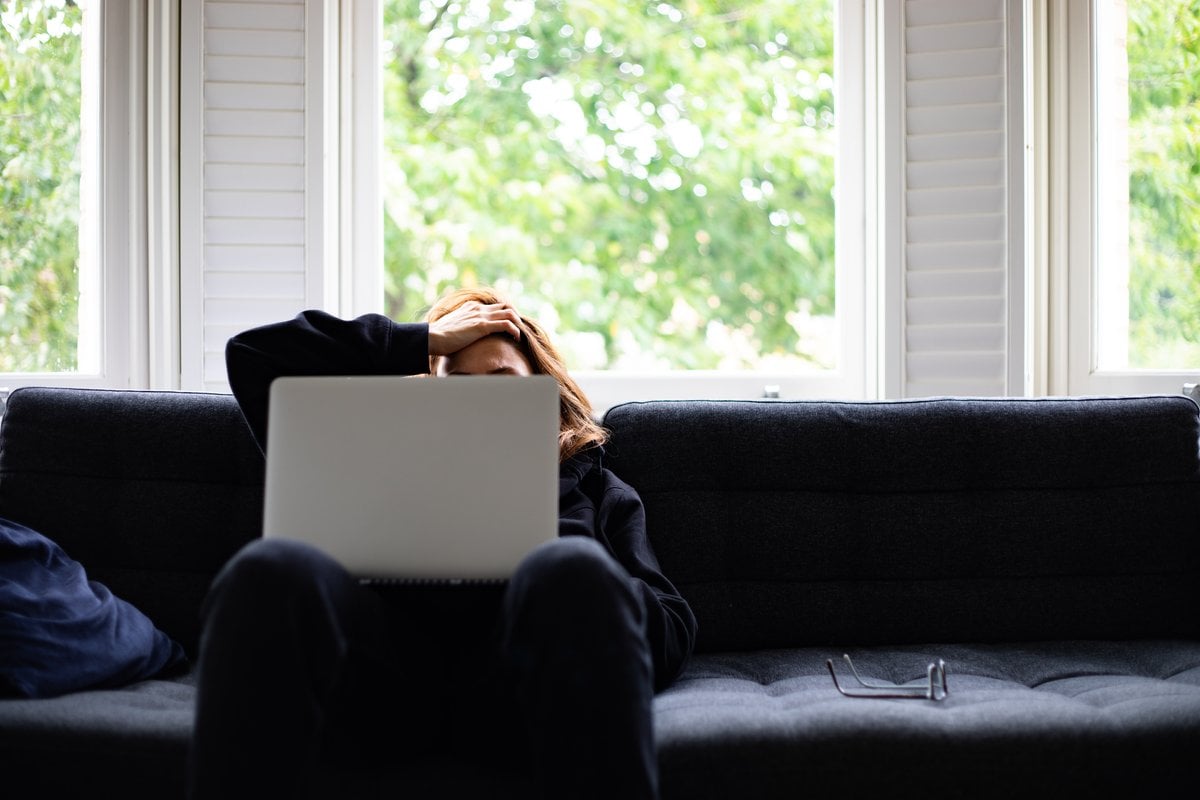
The interest rate is rising. Again. In yet another instalment of quite bad news, the Reserve Bank of Australia has announced the 10th consecutive interest rate rise today, bringing up the cash rate by 0.25 to 3.6% (the highest it's been since May 2012).
The rate rise equates to another $77 on monthly repayments for a $500,000 loan, according to RateCity. That would bring the extra interest on the same loan to $983 a month since the first interest rate rise in May last year.
And there are more rises tipped to come before the rate peaks in May this year.
Watch: Simple budgeting with a banana. Post continues below.
While the rate rises have far-reaching consequences for all Australians, they disproportionately affect women.
Associate Professor Andrew Grant from the University of Sydney told Mamamia that the increase in the cost of renting that's caused by the skyrocketing mortgage interest is an issue that is affecting older women in particular.
Older single women are far more likely than their male counterparts to be renters; women who have separated by 65 years old are three times more likely to be renting than women who are remain married.
